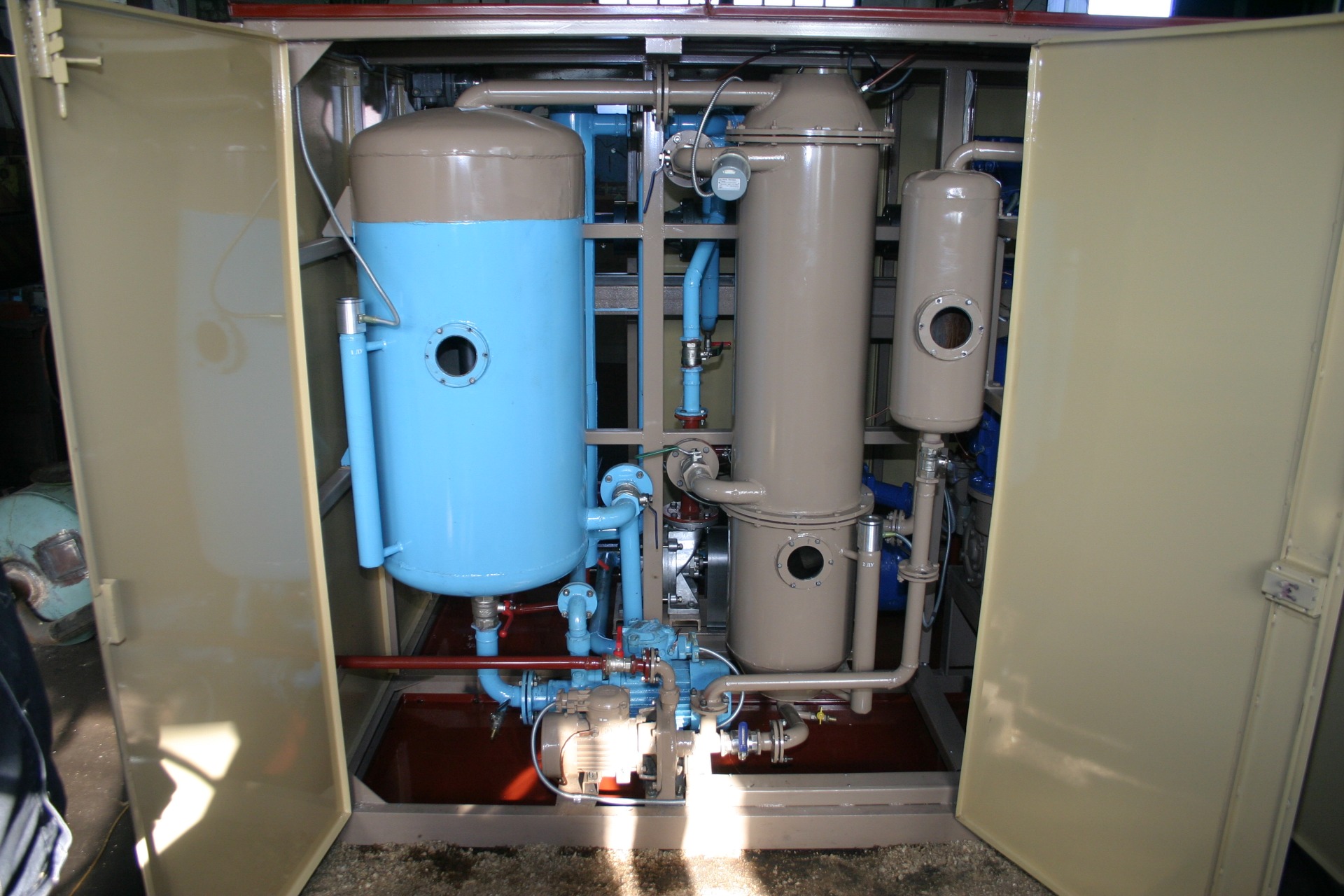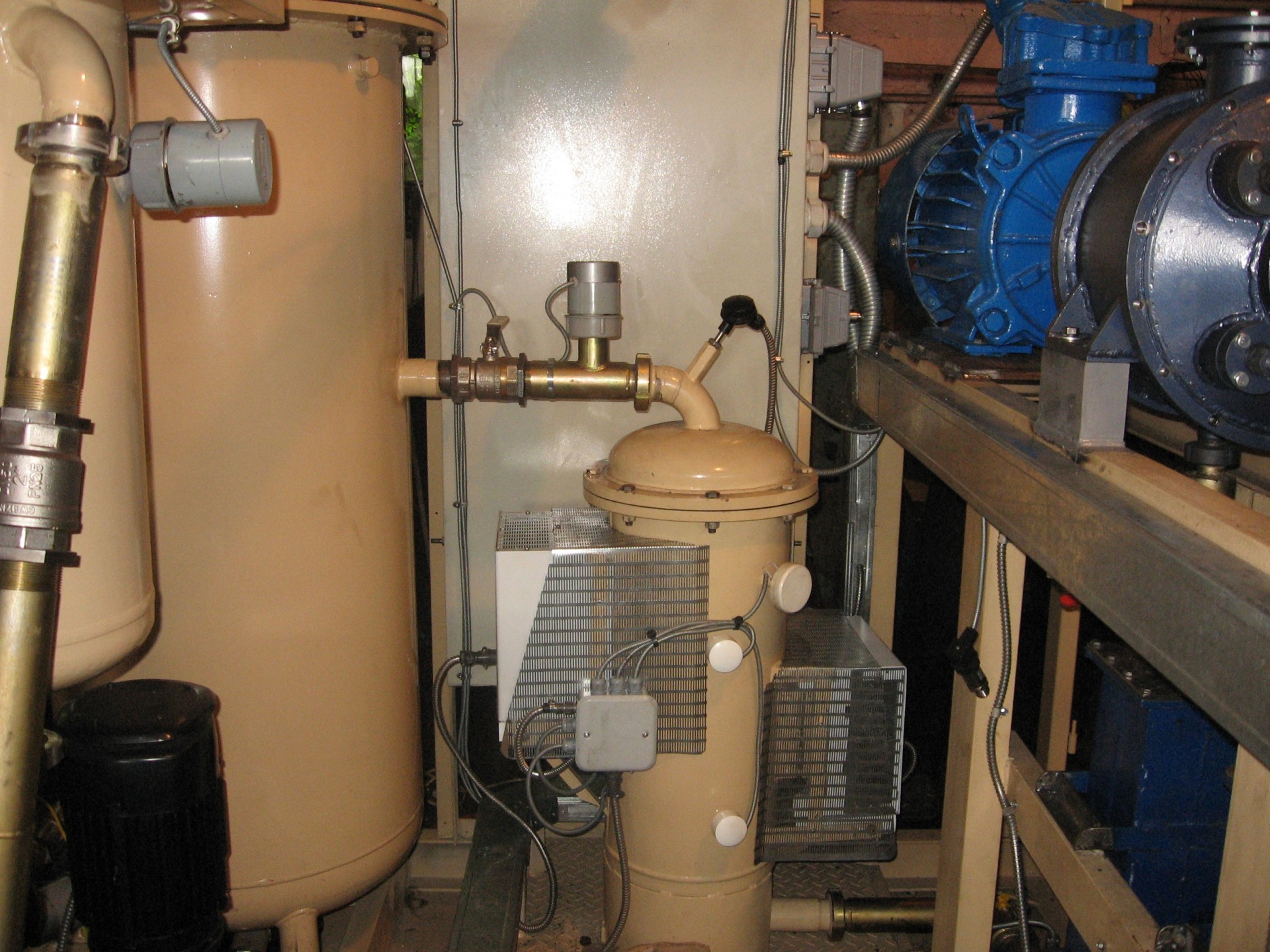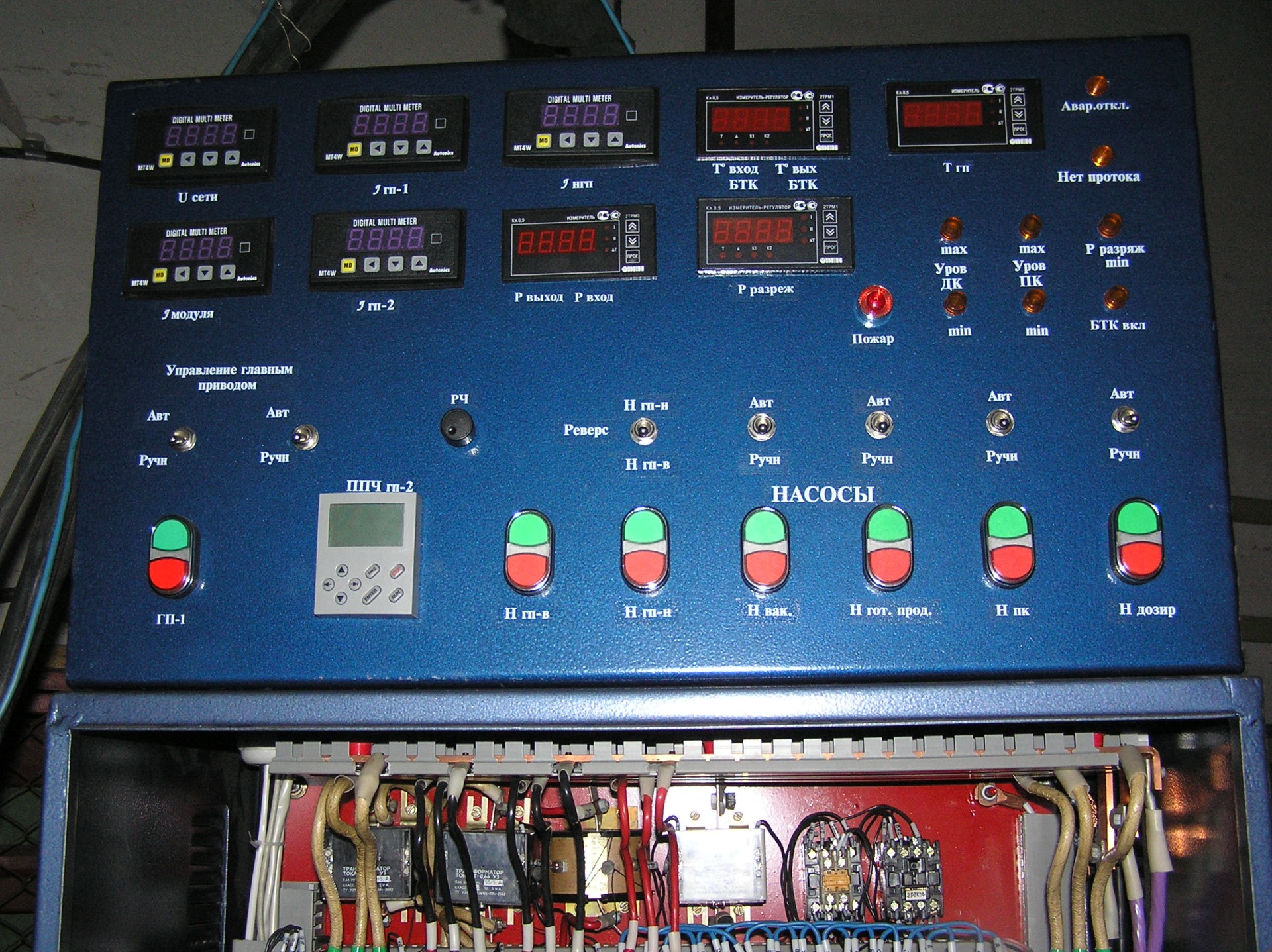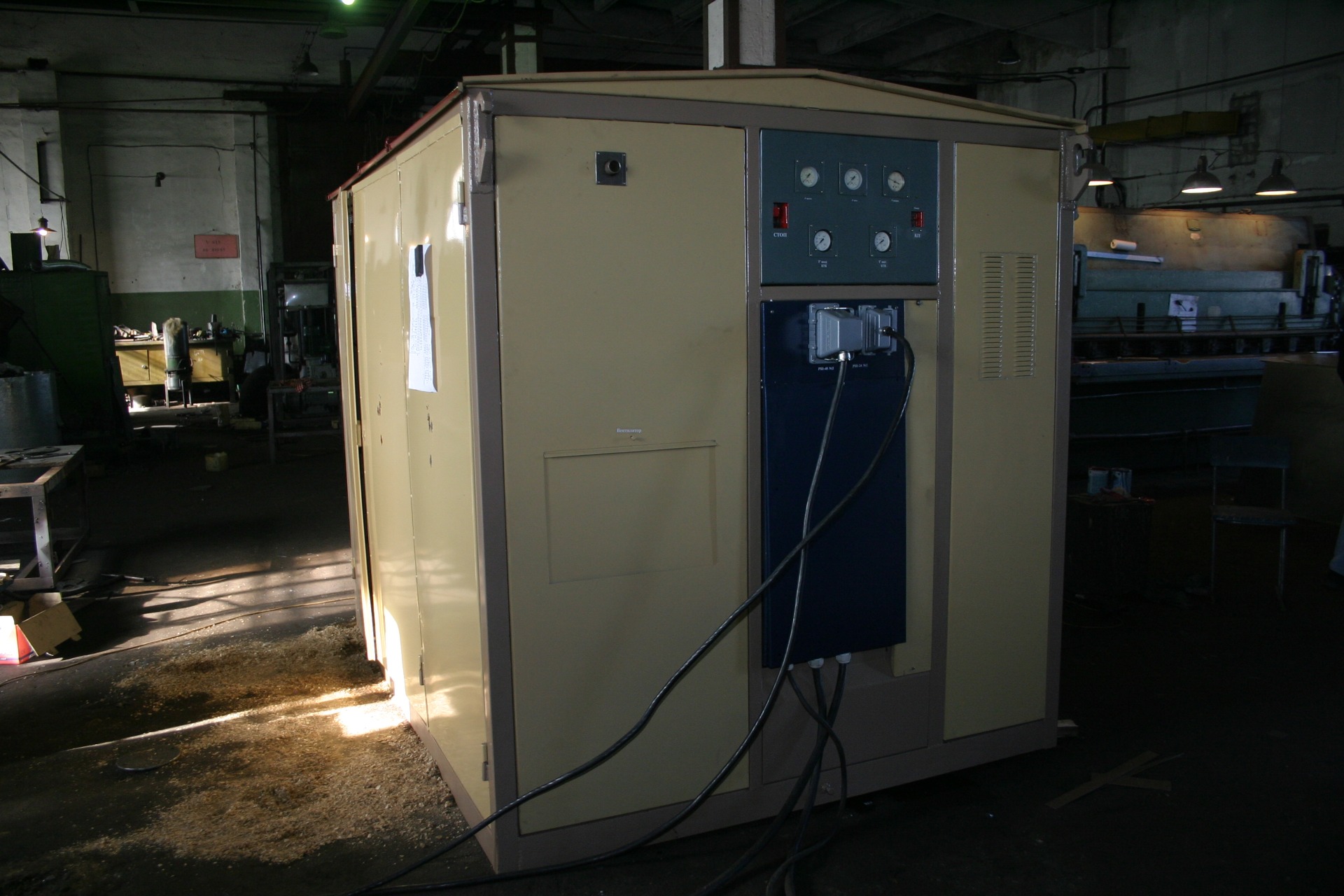





The technology of turbulent cavitation is based on the creation of counter-cross flows of the treated liquid in closed space of the channels of cavitational camera with rated speed. A combination of highly advanced scientific developments ensures processing of a wide range of liquid hydrocarbon raw materials (crude oil) to obtain various final products.

The МТC-1М module is used to process gas condensate with production of high-octane petrol and diesel fuel.
The treatment process includes homogenization, degassing, condensing of light fractions, regeneration and removal of impurities, etc.


The choice of the technological mode of processing the initial raw material into motor fuel depends on the composition of raw materials from a specific deposit. For this purpose a preliminary laboratory analysis of the composition of a specific raw material is a must. The results of this analysis are later used for drafting a preliminary mode chart of plant operation.
After the analysis of raw material composition at an experimental plant, which is a copy of its serial analog, but with reduced capacity, the test processing of condensate and production cycle of petrol are performed. Normally, preliminary stages require 20 litres of gas condensate. The produced petrol then undergoes laboratory and operational tests to prove its compliance with GOST (Russian Standard) requirements.
The obtained data is used for correction of design, mode chart and for determination of production capacity and power consumption of a serial plant intended for production of specific grade of petrol from the specified raw material of the specific deposit.
The production output with octane number 78 is 25-32% of the input raw material at the processing temperature of 30-2000 С. The product has a reduced content of sulfur due to its transformation into hydrogen sulfide and other chemical links. After introduction of all additives to the initial raw material these components are once again reprocessed in the plant (compounding process) and finally become finished petrol. Production of finished petrol can be made in one stage during one processing cycle of gas condensate in the plant. The production mode is used for producing large quantity of petrol of one grade.


The produced diesel fuel fraction undergoes additional purification to guarantee compliance with GOST requirements for summer-time diesel fuel.
The production process of diesel fuel includes qualitative homogenization of fuel composition and reduction of sulfur content. Adding the required additives and catalysts ensures decreasing of the maximum filterability temperature up to – 240С and below, depending on the composition of the diesel fuel, as well as increased stability of the processed fuel.
Use of МТК-1М module to modify summer diesel fuel into winter fuel allows the increase of the filterability temperature range for moderate climate up to - 50 С.
Distillation residues (5-7% of the processed amount of the initial raw material) can be used for production of roofing materials, anti-corrosion coverings, road construction materials.


First of all, it should be noted that, unlike raw materials (oil or gas condensate) that have a fairly stable fractional composition for a particular field, the composition and properties of diesel fuel depend on the chemical composition of the raw materials and the technology of its processing into motor fuel. Thus, each batch of summer diesel fuel, even from one oil refinery (refinery), may have specific characteristics.
Summer diesel fuel, in addition to its high crystallization temperature, is also characterized by a high sulfur content.
The processing of summer diesel fuel into winter diesel fuel can be carried out without the use of chemical reagents by selecting the required cavitation field density in the installation. In this case, heavy fractions of diesel fuel interact with the sulfur compounds it contains.
Thus, the crystallization temperature of the fuel and the sulfur content in it are simultaneously reduced.
The resulting insoluble products are removed by settling or filtration.
The total amount of insoluble compounds does not exceed 30 kg/1000 l of fuel (depending on the oil refining technology). Losses during processing are no more than 10 l/1000 l. processed product.

|
Parameter |
Unit of measurement |
Value |
|
Processed materials |
|
Liquids |
|
Temperature of processed materials |
ºС |
0÷120 |
|
Production capacity |
m3/h |
5÷22 |
|
Maximum input excess pressure |
МPа (kg/cm2) |
0,3 (3,0) |
|
Maximum permissible suction height |
m |
3 |
|
Installed power |
kW |
75,0 |
|
Voltage |
V |
380 |
|
Type of current |
|
Alternate current |
|
Current frequency |
Hz |
50 |
|
Recommended minimum capacity of the power source |
kVA |
160 |
|
Specific consumption of electric energy |
kW·h/m3 |
1,5 ÷ 2,7 |
|
Dimensions, L x W x H , not exceeding |
mm |
3000 х 2200 х 2200 |
|
Weight, not exceeding |
kg |
1250 |
|
Technical personnel |
|
1-2 persons (electrical engineers) |

System of turbulent-cavitational processing of materials СТКО-1М;
Degassing, condensation and catalyzing units;
Power unit;
Control board.
![]()
The МТК-1M module represents an enclosed container, which can be easily installed and moved, no foundation for installation is required, connection to existing infrastructures is secured by flexible hoses.
![]()
The module is fitted with equipment suitable for operations in explosion hazard areas in premises and for outside use in plants of class 1 and 2 according to GOST Р 51330.9 which can form explosion hazard gas-air mixtures of categories PA and PV and explosion hazard categories Т1, Т2, Т3 and Т4 according to GOST Р 51530.5.
The module is produced in climatic version UKhL in category 1 according to GOST 15150.
Copyright ©2023 All rights reserved



